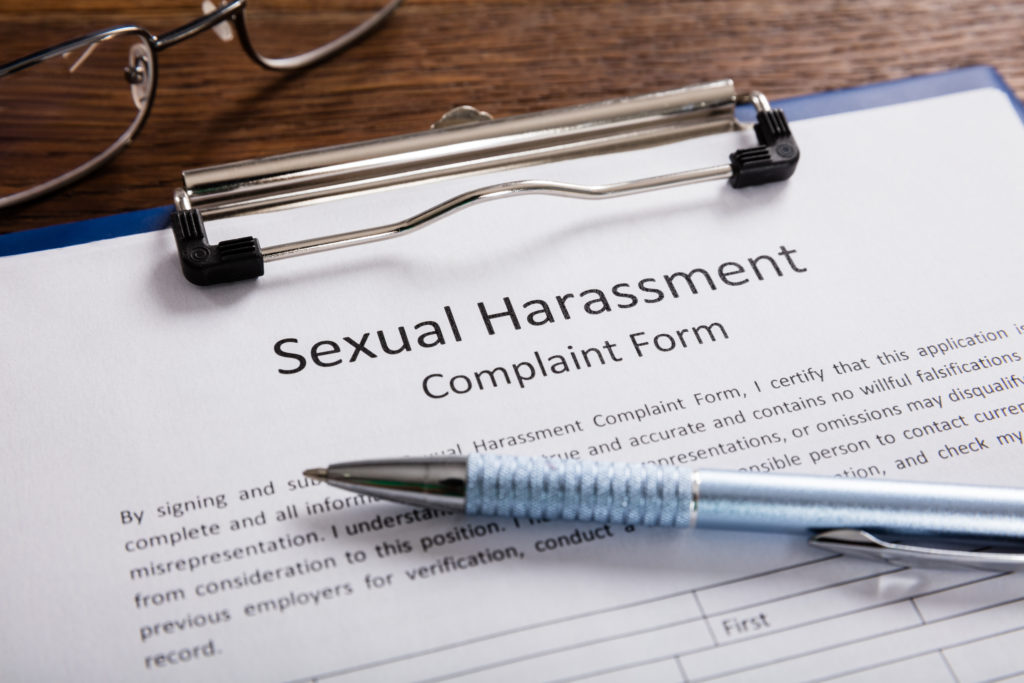Sexual harassment is unwelcome conduct of a sexual nature. It involves behaviour that could reasonably be expected to make a person feel offended, humiliated or intimidated.
In Victoria, sexual harassment is against the law under the Equal Opportunity Act 2010. Sexual harassment can be physical, verbal or written.
Sexual harassment is not consensual interaction, flirtation or friendship. Sexual harassment is behaviour that is unwelcome (i.e. not mutually agreed upon or encouraged). Some types of sexual harassment may also be offences under criminal law (such as stalking, indecent exposure, sexual assault and obscene or threatening communications (e.g emails, text messages and posts/memes on social networking sites).
Sexual harassment is covered in the workplace when it happens at work as well as at work-related events or where people are carrying out work-related functions.
Sexual harassment at work can be a major issue for employers because whilst the person who sexually harasses someone else at work is personally liable for their own behaviour, employers are often held vicariously liable for acts of sexual harassment by their employees or agents.
Sexual harassment can involve employees, managers, contractors, agents, volunteers, clients, customers and others connected with or attending a workplace. It can happen at work, at work-related events or between colleagues outside the work environment.
A single incident is enough to constitute sexual harassment – it doesn’t have to be repeated. Men experience sexual harassment but it disproportionately affects women, especially in the workplace.



